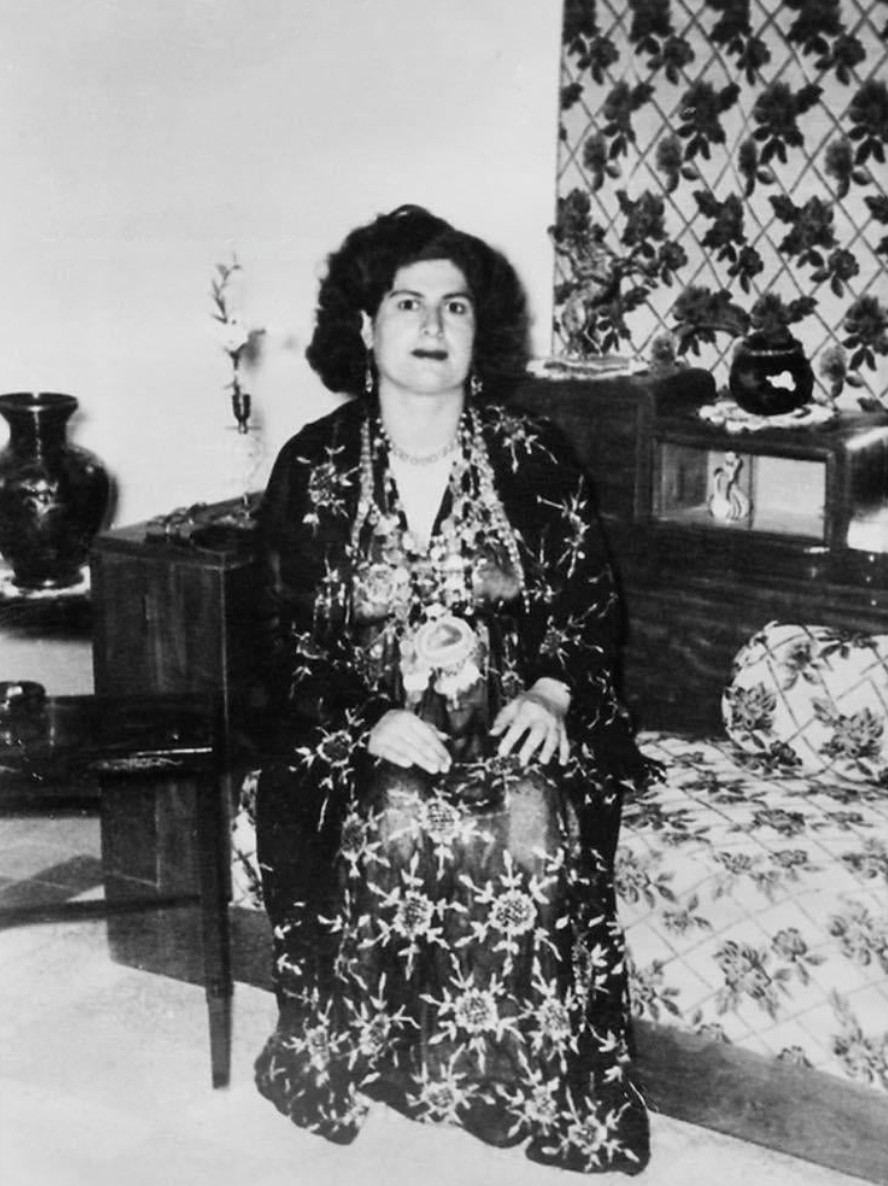Almost 250 years ago, Pope Clement XIV delegated priest Domenico Lanza to Mosul. The priest spent 14 years in the city on two separate deployments between 1750 and 1770, during which he observed the political, social, cultural, and historic roots of the diverse society and, in his memoirs, spoke highly of the Kurds for playing a significant role in shaping one of the most prominent cities in the complex region.
Nearly 150 years after priest Domenico Lanza, British traveler and politician Mark Sykes traveled throughout the Ottoman Empire for over 25 years, often disguised as an archaeologist, to explore the region. Sykes wrote several books during his time in the Middle East and often negatively portrayed the Kurds. According to the Ottoman Archives, however, Sykes himself was involved in questionable businesses in the region. For instance, he was once captured in the Kurdish town of Rawanduz – some 130 kilometers to the northeast of Erbil – during an attempt to unearth artifacts. Nevertheless, Sykes’ negative opinion about the Kurds reflected on the created borders of the post-World War I Middle East, which unjustly denied statehood to the Kurds under the false pretext that Kurdish society was tribal and lacked the essential qualities of a nation.
But the history of the Kurds is filled with examples that proved Mark Sykes wrong. Ninety years ago, the first school with a modern education system was opened in Erbil to bring students from Kurdish, Arab, Turkmen, Christians, and Jewish background together in ethno-religiously harmonious classrooms. Around the same time, many Kurds traveled around the world and grew as prominent figures actively contributing to the development of their host countries.
The current issue of Kurdistan Chronicle highlights several successful Kurdish individuals in Kurdistan and beyond, shedding light on their achievements and contributions. Among them is the story of Kassem Taher Saleh, a Kurdish member of the German Bundestag; Ahmet Güneştekin, a renowned Kurdish artist from Batman; and Mano Khalil, a Kurdish filmmaker whose recent work Neighbors captured the attention of critics and film enthusiasts in Europe.
Also in this edition, Bokan Jaff relates his quest to add the Kurdish Sorani dialect to Google Translate; Zara, a famous Kurdish singer known as the voice of Kurds in Russia, spoke to Kurdistan Chronicle about her journey and how her identity is reflected in her work; Kurdish-Spanish race car champion Issac Tutumlu recalls the ups and downs that he experienced to champion the name and flag of Kurdistan in international competitions; and Marwa Khailani speaks about the joy of shining on the international podiums of athletic championships. These are examples only a few examples of successful Kurdish individuals who have made significant impacts on international levels and remind us of the words of former Turkish President Abdullah Gül: “The Kurds of today are different from the Kurds of 100 years ago.” Indeed, we are present and active at the highest international levels across many artistic, athletic, political, economic, and social endeavors.

